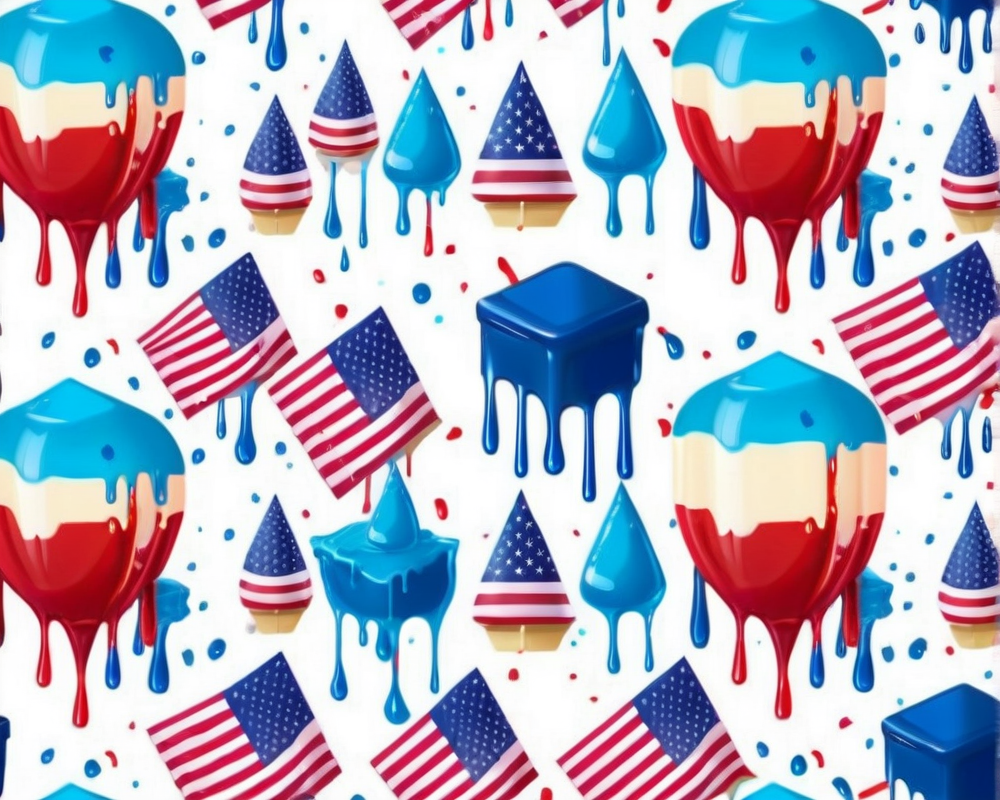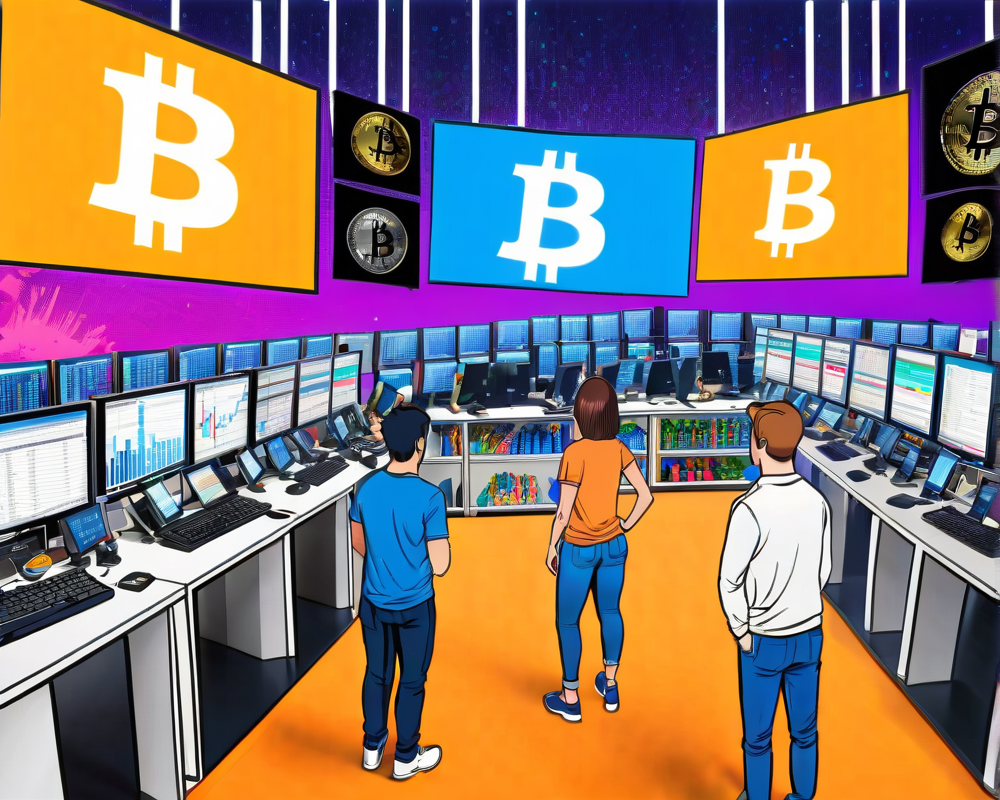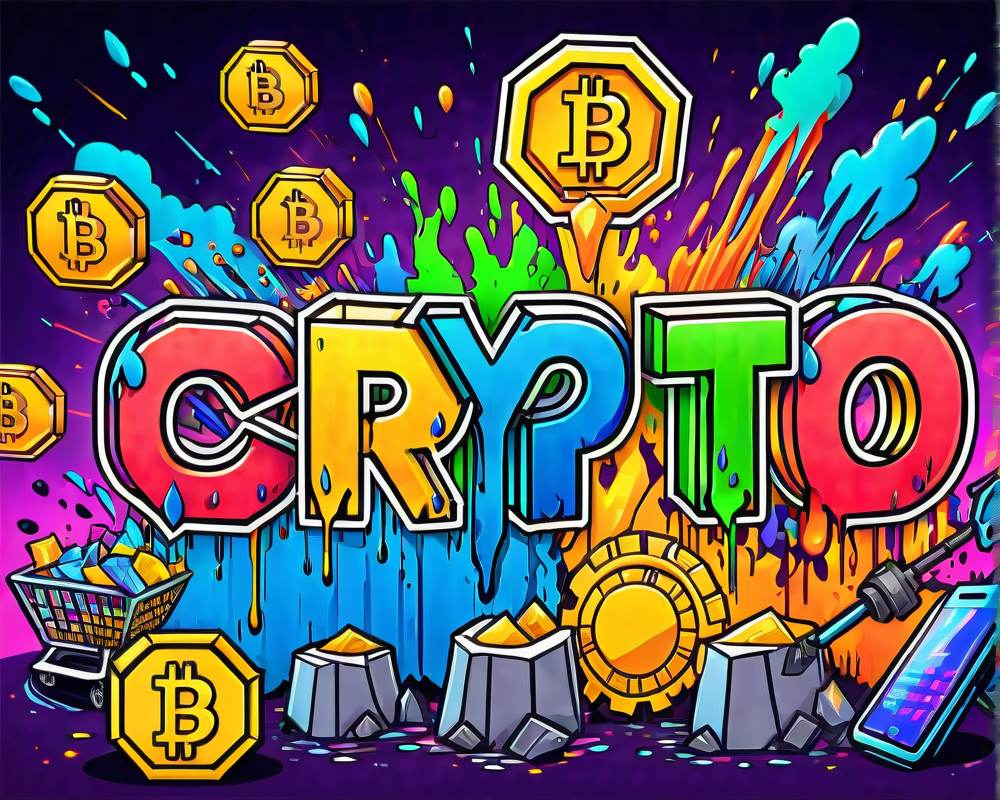Growing Interest in NFT Regulation
The evolving landscape of nonfungible tokens (NFTs) has prompted U.S. Senators Patrick Leahy and Thom Tillis to request a comprehensive study from the U.S. Patent and Trademark Office (USPTO) and the U.S. Copyright Office. This investigation will explore how NFTs intersect with intellectual property rights, including copyright, trademark, and patent laws, as the trade of NFTs continues to gain momentum across various sectors.
Ambiguity in Existing Laws
The senators’ call for a study highlights the ambiguity and inconsistent application of laws concerning NFTs, which some legal experts argue could limit innovation. Michael Young, a partner at Finnegan, Henderson, Farabow, Garrett & Dunner, LLP, noted that there is a pressing need for Congress to provide clarity and consistency in the regulatory framework to foster creativity and innovation.
Background of Recent Legal Battles
The need for this study comes against the backdrop of high-profile legal cases, such as Nike v. StockX, Hermès v. MetaBirkins, and Miramax v. Quentin Tarantino. These cases raise significant questions about NFT creation, ownership, and distribution. For instance, in the Nike case, there were concerns about the unauthorized minting of NFTs featuring sneakers adorned with the iconic Swoosh logo.
The Nature of NFT Ownership
One key topic the senators aim to address is the misconception surrounding NFT ownership. Experts like Gina Bibby stress that purchasing an NFT does not automatically grant copyright, trademark, or patent rights unless explicitly stated. This nuance is crucial for creators and buyers alike, as many may enter agreements under false pretenses regarding ownership rights.
The Need for Thoughtful Regulation
While there is consensus on the need for regulatory frameworks, not all agree that drastic reforms are necessary. Brenda Gentry, a blockchain adviser, noted that the current discussions should focus on effectively applying existing laws to NFTs and educating stakeholders about ownership rights. Ensuring that consumers are informed is critical for navigating this rapidly evolving market.
Future Considerations
As the USPTO and Copyright Office work on their study, due by June 9, 2023, the fast-paced nature of NFT developments may yield insights and potential solutions before formal guidelines are established. Industry stakeholders are encouraged to engage with regulators, emphasizing the importance of collaboration in crafting regulations that protect consumers without stifling innovation.
Conclusion
The dialogue surrounding NFTs and intellectual property rights is vital as the market continues to expand. By addressing the complexities of ownership and regulation, stakeholders can work towards a framework that supports both creators and consumers in the digital asset space.




